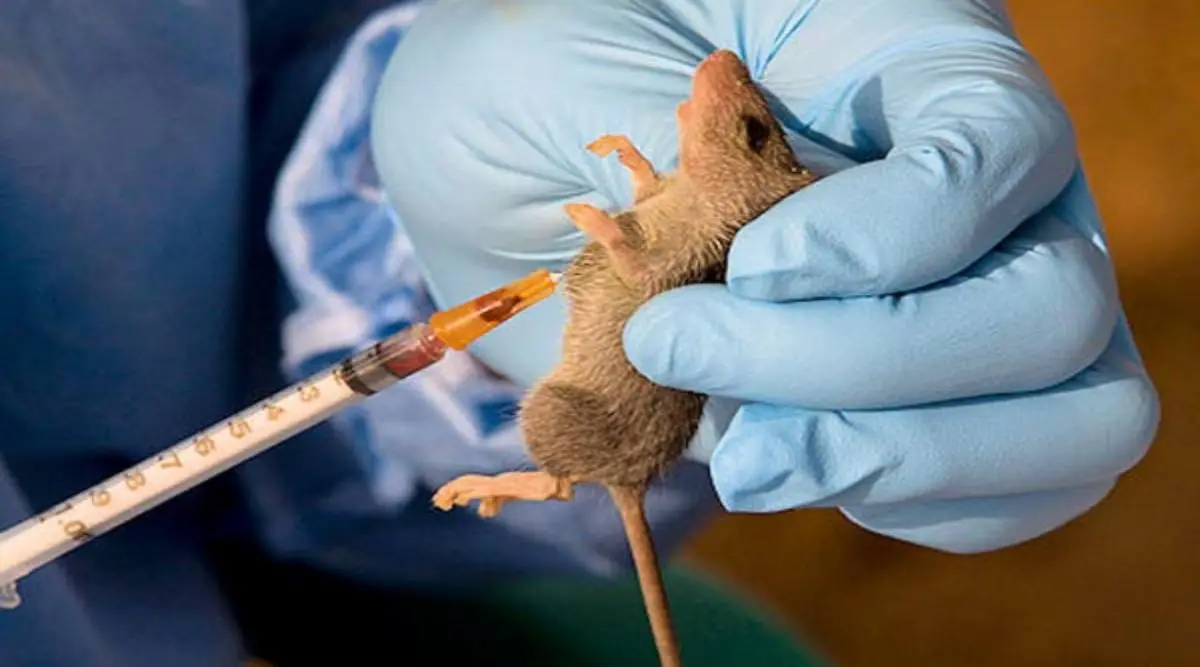Lassa fever has killed 70 people in Nigeria this year, with Taraba, Ondo, and Edo states recording the highest casualties, according to the Nigeria Centre for Disease Control and Prevention (NCDC).
Since the beginning of the year, the country has recorded 1,552 suspected cases, 358 confirmed infections, and 70 deaths.
The latest NCDC situation report reveals that at least 10 states have reported confirmed cases across 58 local government areas. The states with the highest fatalities include Taraba (18), Ondo (17), Edo (11), Bauchi (6), Ebonyi (6), Gombe (5), Kogi (4), Nasarawa (2), and Plateau (1).
Ondo, Edo, and Bauchi account for 75% of all confirmed cases, with Ondo alone recording 37% of cases, followed by Edo (20%) and Bauchi (18%). The total number of infections in these states stands at 133, 71, and 63, respectively.
Between 27 January and 2 February, Lassa fever claimed 17 lives and resulted in 68 confirmed infections and 379 suspected cases in Ondo, Bauchi, Edo, Taraba, Kogi, Gombe, and Ebonyi states. Three healthcare workers were among those affected.
The disease, caused by contact with food or household items contaminated with rodent urine or faeces, is transmitted through direct contact with infected rats or contaminated objects. It can also spread from person to person through body fluids.
NCDC Director-General Dr Jide Idris attributed the rise in cases to improved surveillance, climate change, and environmental degradation. He warned that Lassa fever not only kills but also affects livelihoods, pushing households into financial distress.
In response, the national Lassa fever Incident Management System has been activated, and the Emergency Operations Centre (EOC) is coordinating control measures. The NCDC has expanded testing laboratories from nine to 13 and distributed medical supplies nationwide to curb the spread.
Medical experts have urged Nigerians to improve hygiene, prevent rat infestations, and seek medical attention for persistent fever. They also emphasised the need for a Lassa fever vaccine to reduce the burden of the disease.



